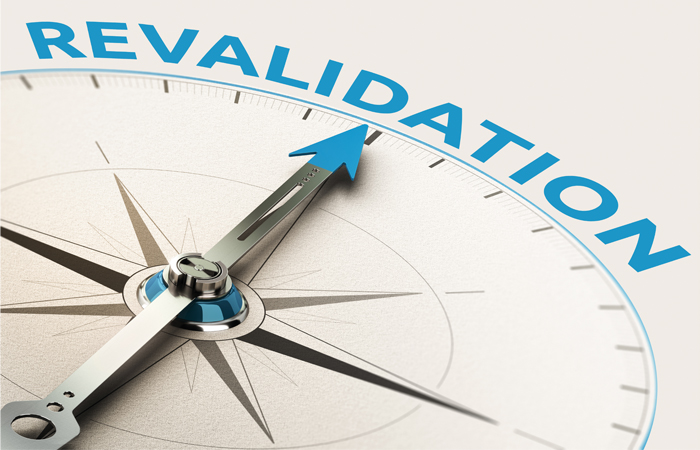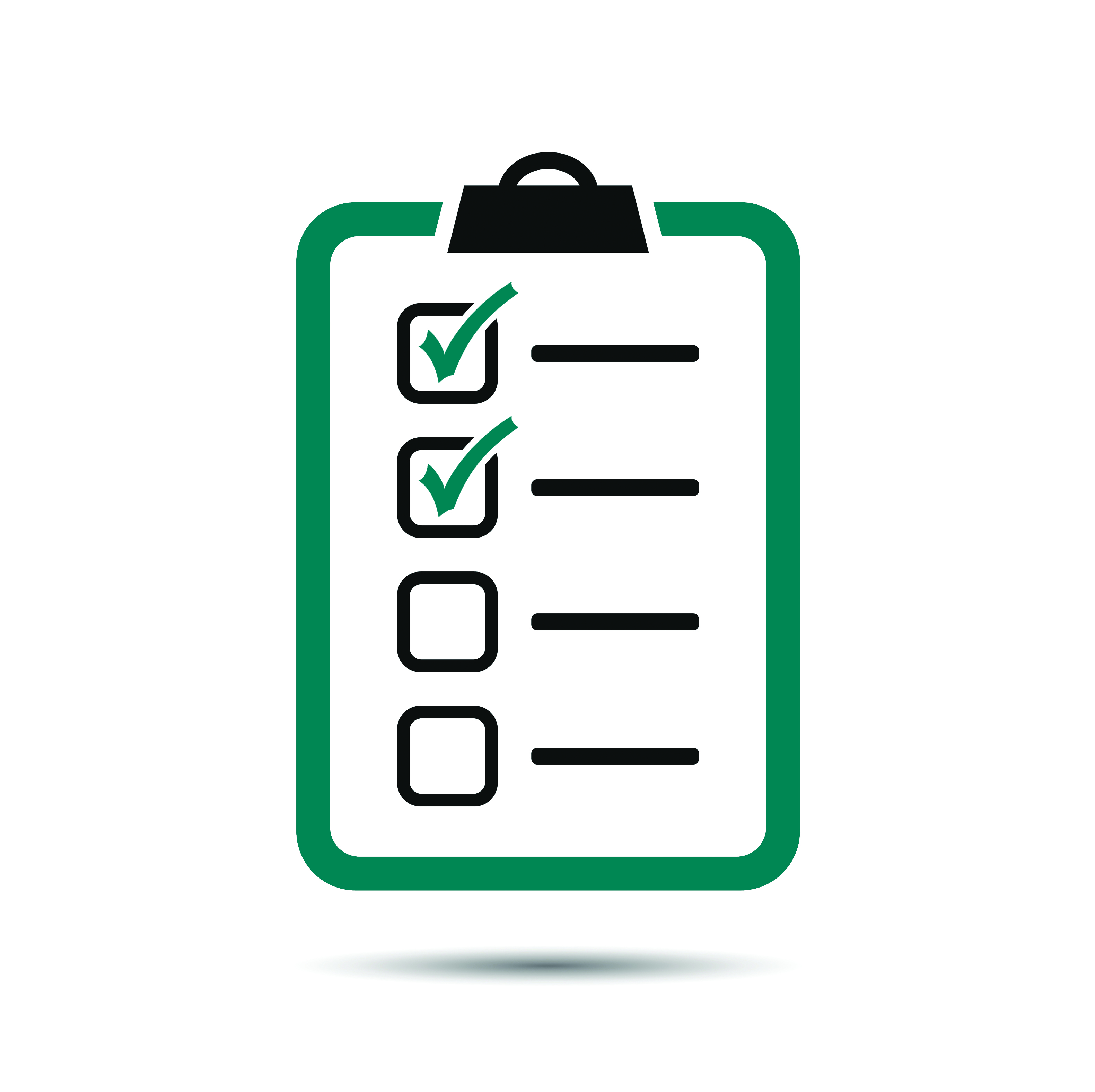Reflections on revalidation: part one
In Learning
Follow this topic
Bookmark
Record learning outcomes
In the first article in a new series, Asha Fowells gets ready to chart her experience of the revalidation process.

Revalidation is everywhere, but everyone seems concerned with the process: when the new system will be up, when the old system will be shut down, what is needed in the future, and when by€¦
Obviously that's important, but what nobody seems to be talking about is the 'why'.
Why are the current CPD requirements being replaced with revalidation? Quite simply, it is about making sure pharmacy professionals are fit for purpose. This means being up to date €“ so CPD isn't really going anywhere €“ in order to ensure the best possible outcomes for patients, or whoever else is the pharmacy service user.
How it started
It hasn't always been this way and, as is often the case with pharmacy, it all started with doctors. Many of us can remember a time when the authority of medics was unquestionable. The public trusted them completely, and other health professionals €“ pharmacists included €“ wouldn't dream of contesting their decisions.
As medical advances started to gather pace, however, the cracks started to appear. People started murmuring that perhaps it wasn't right to assume everything was OK unless something went wrong.
Then the Bristol heart scandal came to light. In the late 1980s and early 1990s, 29 babies undergoing heart surgery had died at the city's Royal Infirmary. An inquiry took place. A 529-page report was published. Chief among the recommendations was the need for all aspects of professional competence to undergo periodic formal assessment. The concept of revalidation had been born.
The General Medical Council worked hard to develop a process that wasn't too onerous for busy doctors, and in the early 2000s proposed a system whereby, every few years, employers sign off medics as competent unless concerns had been raised.
This made revalidation a screening tool for poor practice, rather than it being about individual healthcare professionals being responsible for their own development and improvement, so they went back to the drawing board.
In 2012, revalidation for doctors was finally introduced, and everyone on the GMC register is now required to demonstrate that they are up to date and fit to practise in their chosen field.

Sense of pride
Fears that this is simply another route to fitness to practise investigations are abating. In its latest annual report on medical revalidation, NHS England highlighted how the vast majority of doctors have been through the process, stating: €For many this has brought a sense of pride through positive re-affirmation of their professional skills and standing.€
Nurses have followed suit and pharmacy professionals must do so too. We are, after all, part of the healthcare community.
Pharmacists and pharmacy technicians (and by extension, the rest of the team) now have an opportunity to prove their continued excellence. This not only benefits patients and customers in terms of outcomes, but also means they are more likely to return and pass on a recommendation to their family and friends. In a world of uncertainty, this gives the profession back some much needed, and much wanted, control.
There's my 'why'.
What nobody seems to be talking about is the 'why?'
